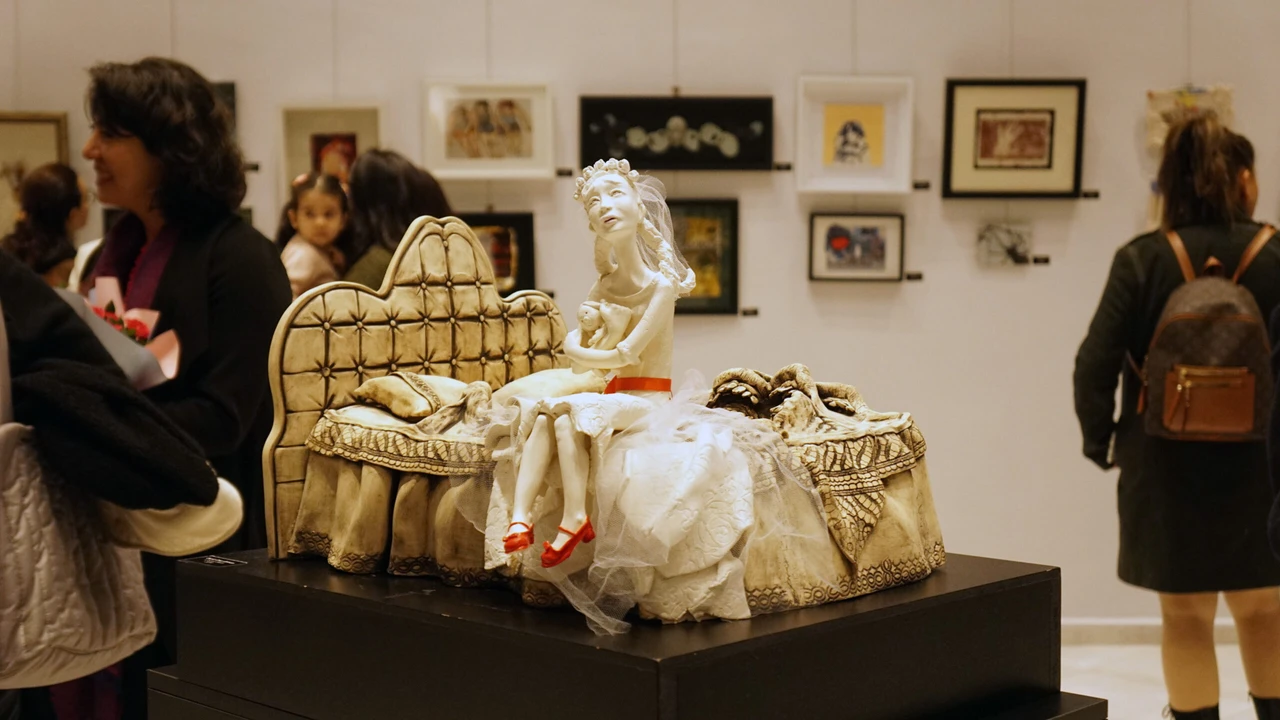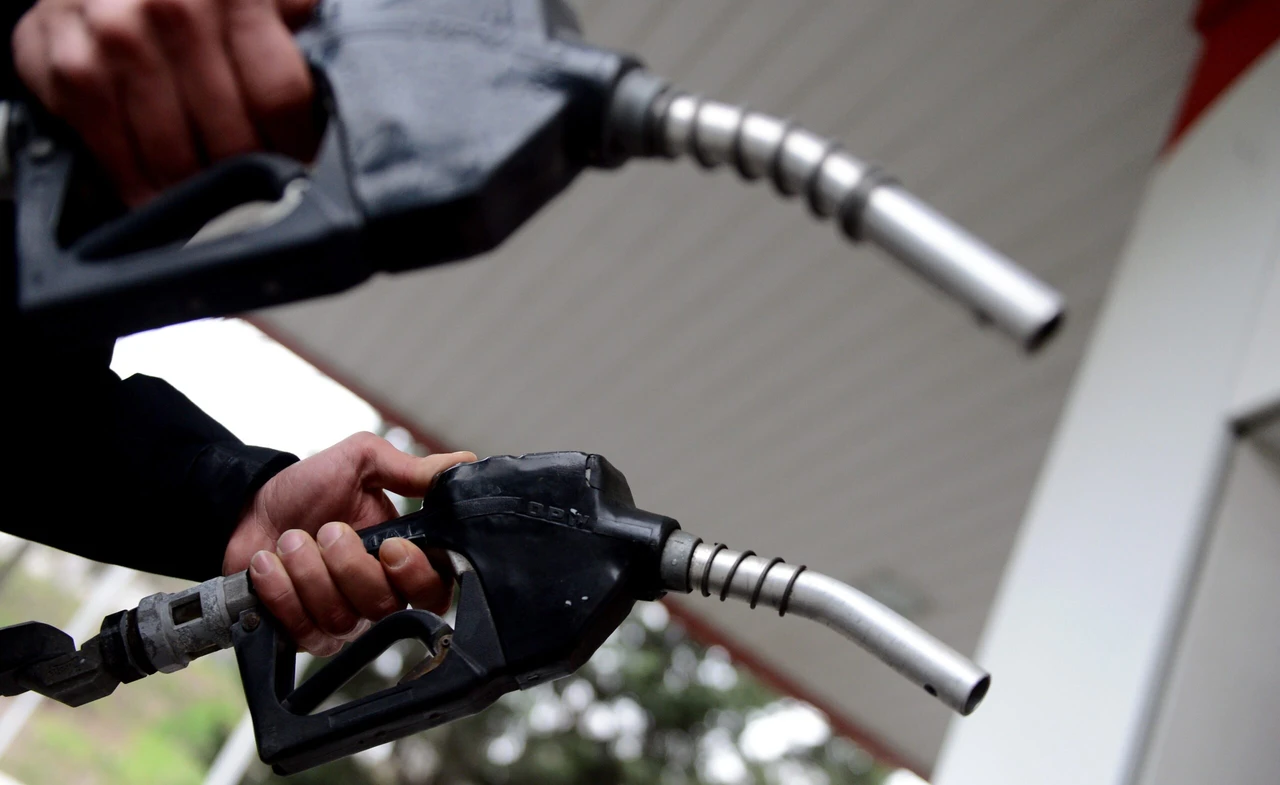UN official to visit Iran amid escalating tensions over nuclear program
 Director General of the International Atomic Energy Agency (IAEA) Rafael Mariano Grossi speaks during an interview with AFP in Baku on November 12, 2024, during the United Nations Climate Change Conference (COP29). (AFP Photo)
Director General of the International Atomic Energy Agency (IAEA) Rafael Mariano Grossi speaks during an interview with AFP in Baku on November 12, 2024, during the United Nations Climate Change Conference (COP29). (AFP Photo)
International Atomic Energy Agency (IAEA) chief Rafael Grossi is set to arrive in Tehran on Wednesday for high-stakes talks aimed at addressing growing concerns over Iran’s nuclear program.
The IAEA’s statement on the visit indicated that Grossi would hold “high-level meetings” with Iranian officials to address technical aspects of the nuclear program.
Diplomatic efforts under pressure
Grossi’s visit follows a warning from Israel’s defense minister, who stated that Iran is “more exposed than ever” to potential military action targeting its nuclear infrastructure. The IAEA chief noted that the “margins for maneuver are beginning to shrink,” emphasizing the urgency of finding diplomatic solutions.
Grossi has called for increased visibility into Iran’s nuclear activities, stressing the need for expanded inspections as the program scales up. He underscored that while Iran possesses significant quantities of enriched uranium, the country does not currently have a nuclear weapon.
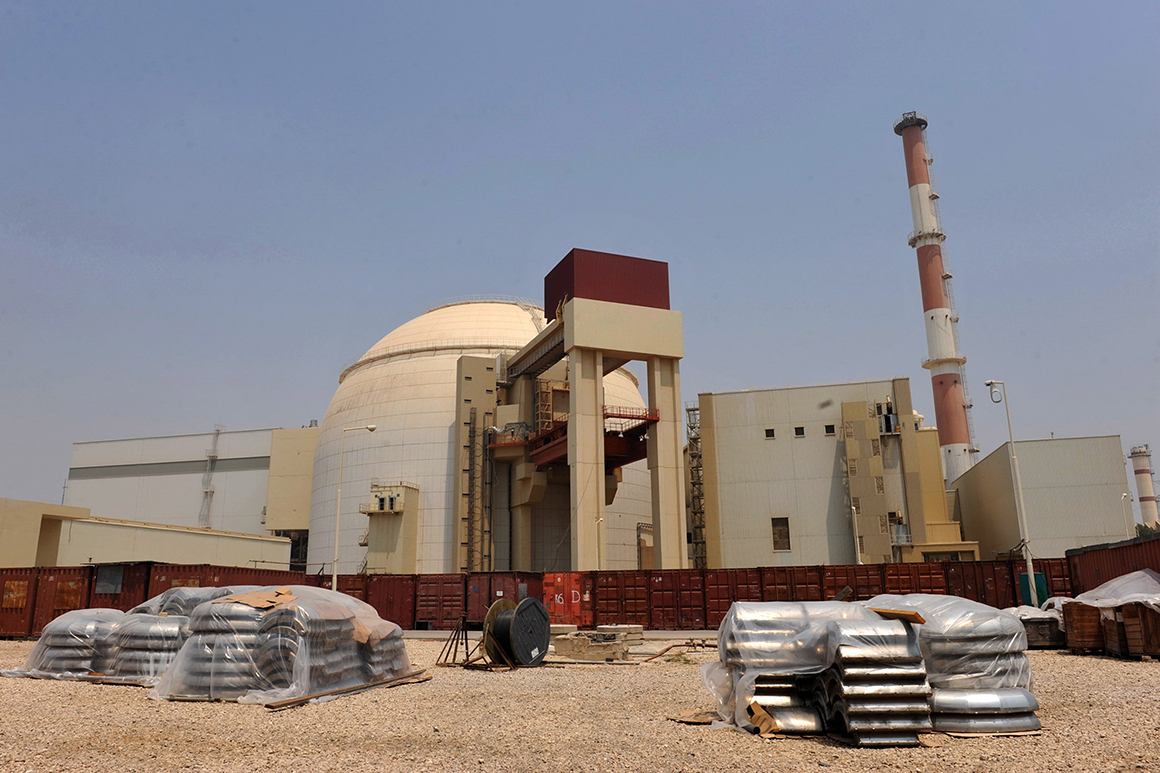
Background on Iran nuclear tensions
The trip marks Grossi’s first visit to Iran since May and comes shortly after the election of Donald Trump, who previously withdrew the U.S. from the 2015 nuclear deal. The agreement, negotiated under President Barack Obama, lifted international sanctions on Iran in exchange for strict limits on its nuclear activities.
However, Trump’s withdrawal in 2018 led Iran to roll back its commitments, significantly increasing uranium enrichment levels to 60%, close to the 90% needed for weapons-grade material. Talks aimed at reviving the deal have stalled, despite Iranian President Masoud Pezeshkian‘s expressed interest in improving ties with the West.
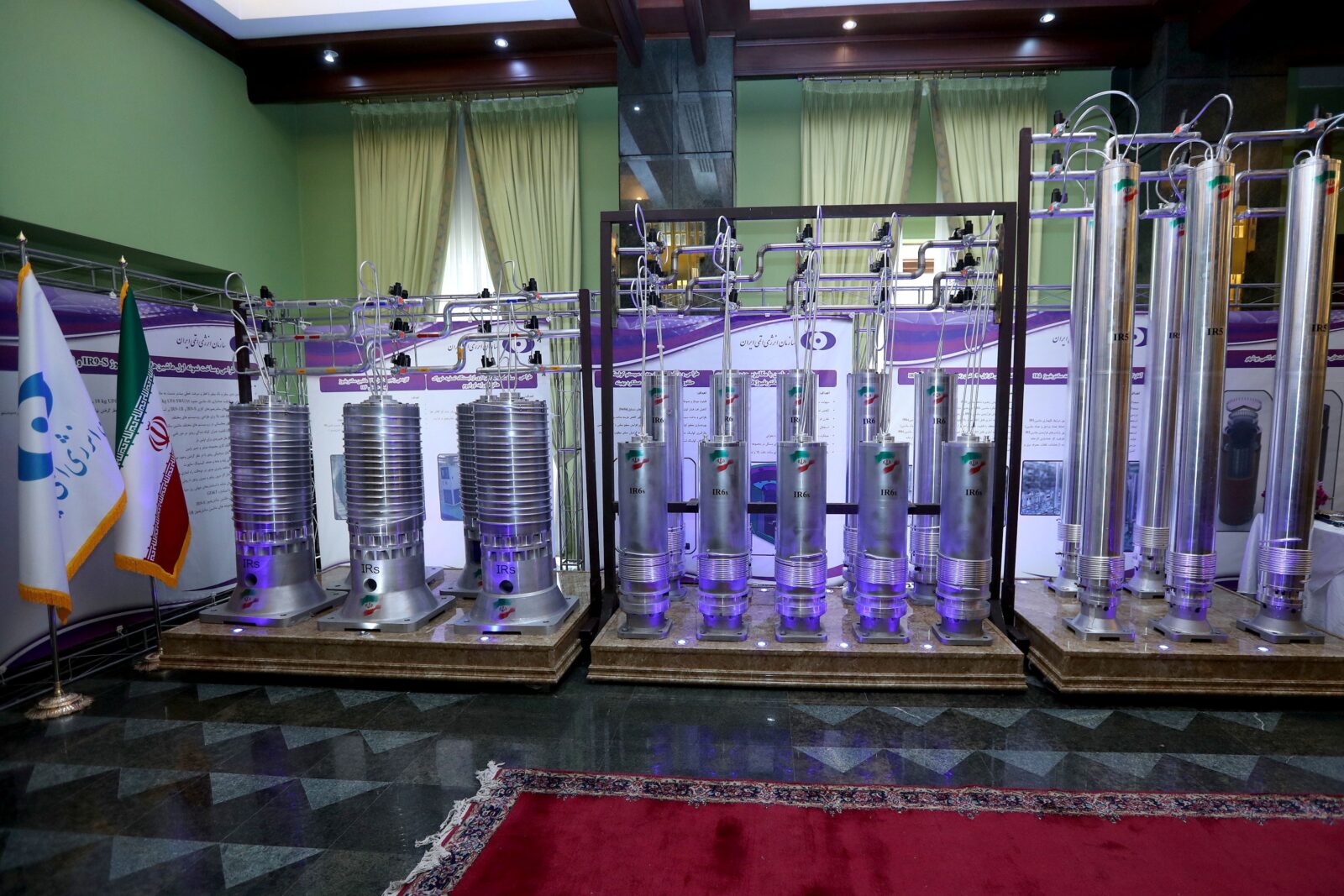
Nuclear watchdog chief says Room to manoeuvre on Iran ‘shrinking’
The head of the United Nations’ nuclear watchdog, Rafael Grossi, has warned that diplomatic space for resolving concerns over Iran’s nuclear program is narrowing, as he prepares for a key visit to Tehran. Grossi’s remarks came during an interview at the COP29 climate summit in Baku.
“The Iranian administration must understand that the international situation is becoming increasingly tense and that the margins to maneuver are beginning to shrink, and that it is imperative to find ways to reach diplomatic solutions,” Rafael Grossi, told AFP in an interview at the COP29 climate summit in Baku.
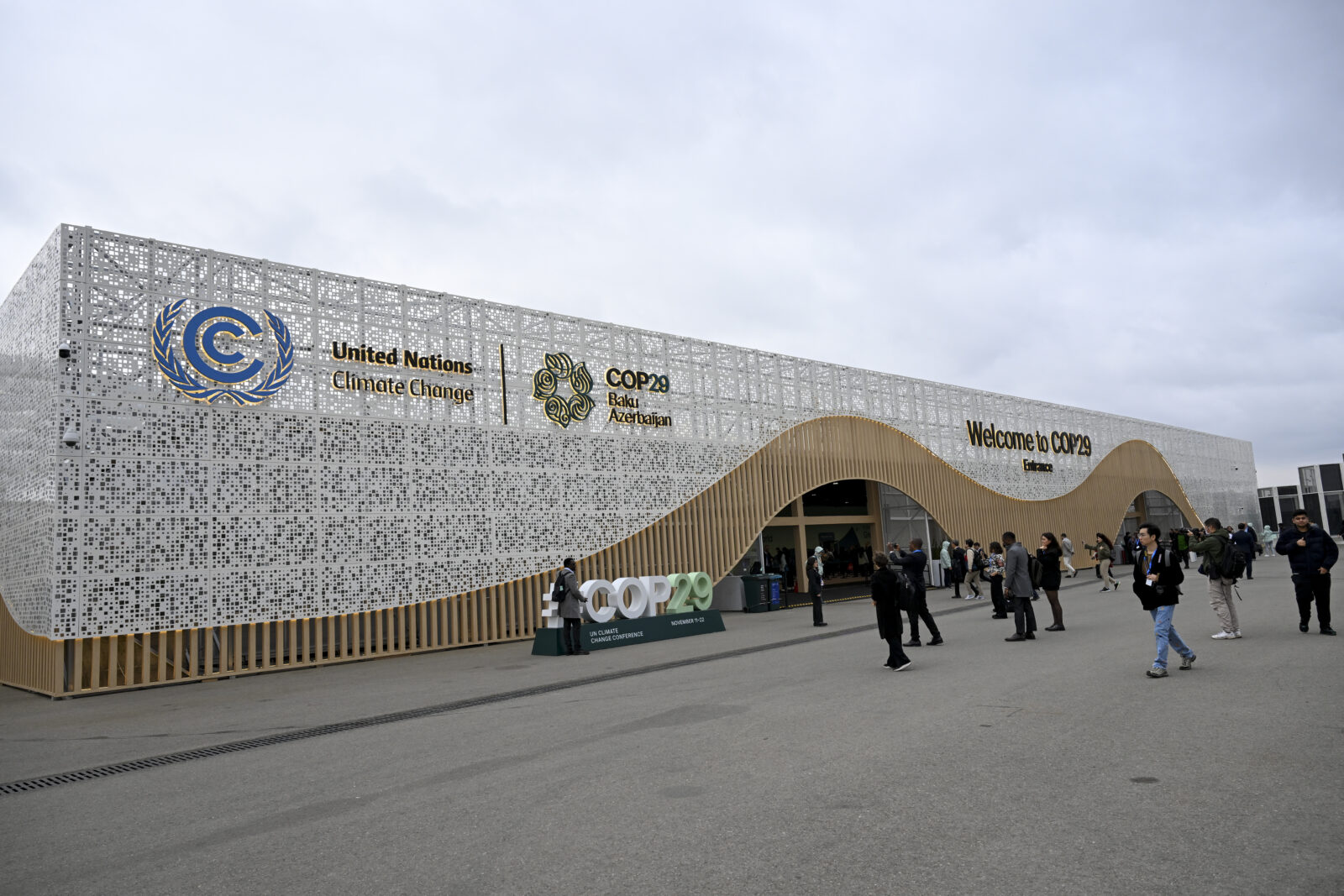
‘We need to see more’
IAEA is allowed to carry out inspections in Iran, he said, but “we need to see more. Given the size, depth and ambition of Iran’s programme, we need to find ways of giving the agency more visibility.”
Grossi’s visit follows the re-election of Donald Trump, who had withdrawn the U.S. from the 2015 nuclear deal during his first term. The agreement, negotiated under President Barack Obama, aimed to limit Iran’s nuclear activities in exchange for lifting economic sanctions. Trump’s exit from the deal in 2018 led Iran to gradually increase uranium enrichment beyond the agreed limits.
“I already worked with the first Trump administration and we worked well together,” the IAEA chief said.
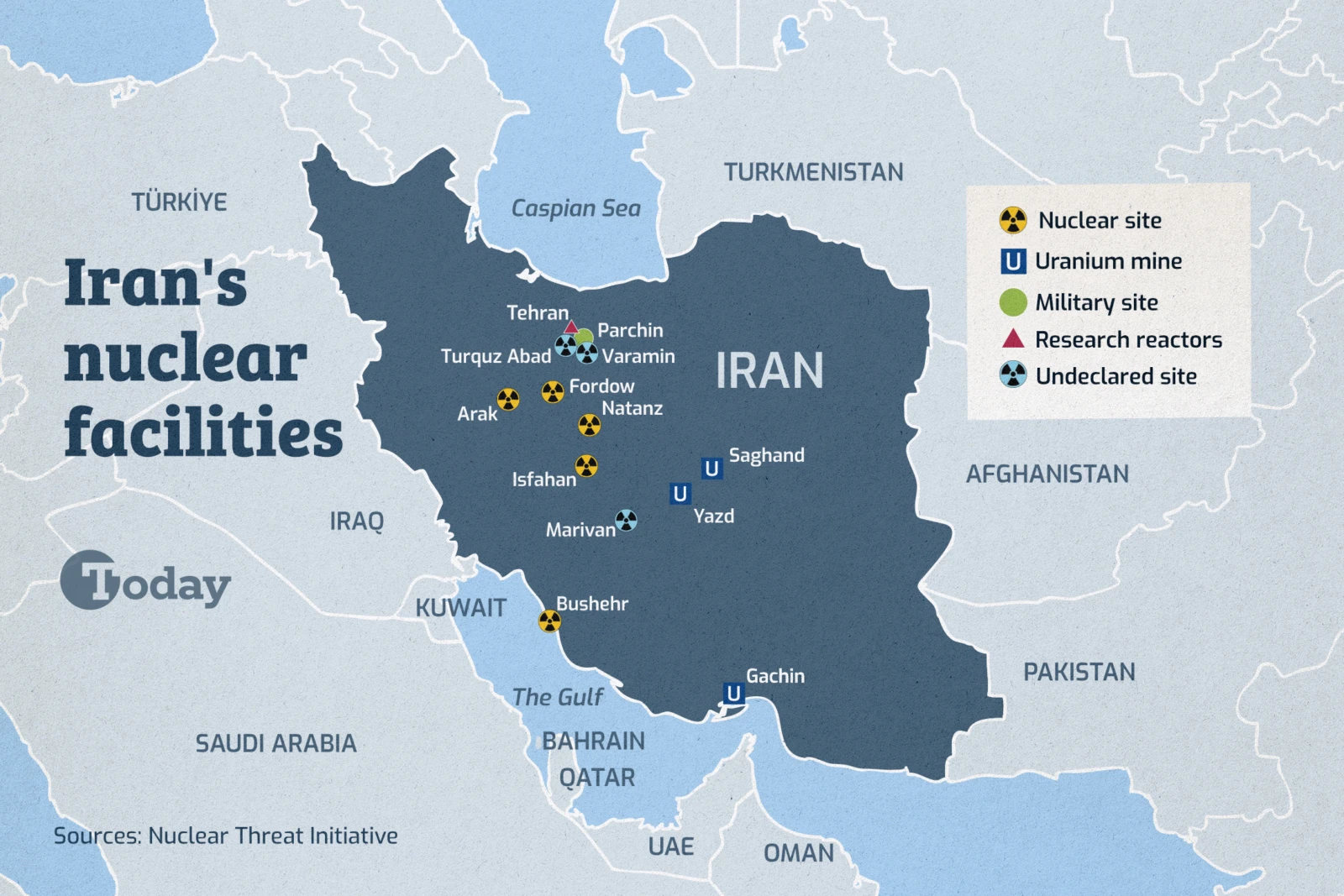
Tehran signals willingness for renewed talks
The 2015 accord, signed by the United States, Russia, China, Britain, France, and Germany, has faced numerous setbacks, with attempts to restore the agreement faltering over the past years. Grossi acknowledged the challenges, describing the current status of the deal as “an empty shell.”
Since the election of reformist President Masoud Pezeshkian in August, Iran has shown openness to resuming negotiations to revive the nuclear deal. Grossi last visited Iran in May, where he met with officials at the Natanz uranium enrichment facility. He urged Iran to take “concrete measures” to enhance transparency and cooperation with IAEA inspectors.
The IAEA reports that Iran’s enriched uranium stockpile now reaches 60% purity, approaching the 90% level required for a nuclear weapon. Despite Tehran’s denial of seeking a nuclear bomb, the enrichment progress has raised alarm among Western nations.
